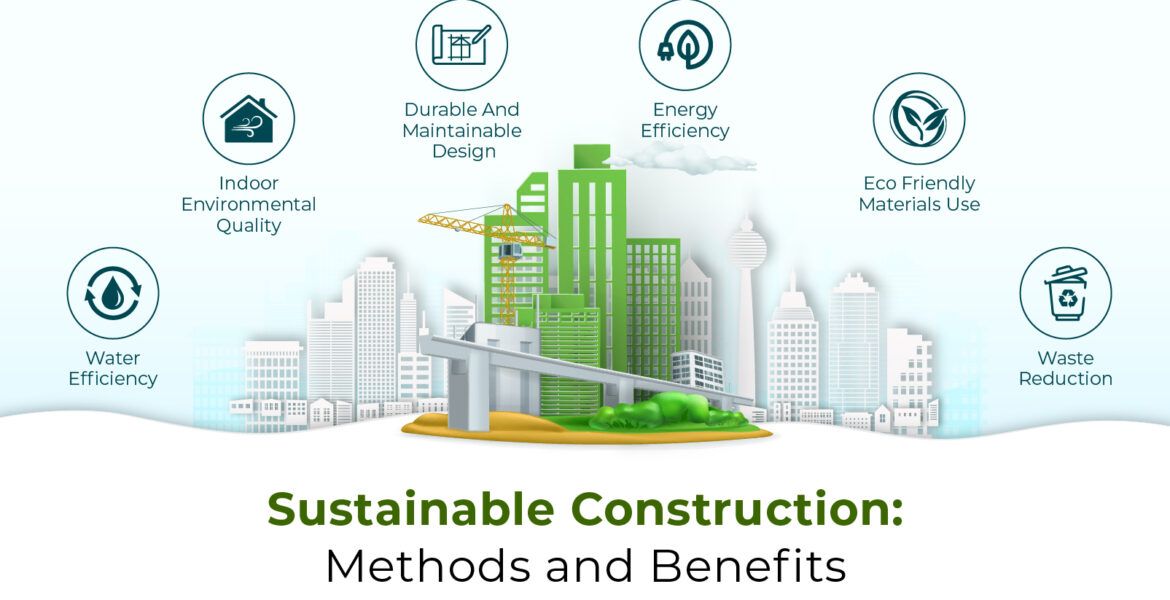
Sustainable Building Practices in Uganda: Balancing Luxury with Environmental Responsibility
A Developer's Guide to Sustainable Luxury Real Estate in Uganda (2025)
In Uganda's sophisticated property market, sustainability has evolved from a niche interest into a powerful driver of value. For developers, investors, and discerning buyers, understanding the technical and financial case for sustainable luxury is now essential. This guide provides a data-driven look at the strategies defining the future of premium real estate in Uganda.
TL;DR: The Business of Sustainable Luxury
- Proven Price Premiums: Properties with comprehensive solar solutions command market premiums of 12-15%, while EDGE-certified homes achieve premiums of 8-12%.
- Drastic Cost Reduction: Sustainable design can reduce cooling energy requirements by 40% and overall operational costs by 30-40%.
- High Market Demand: 65% of luxury property buyers in Uganda now consider environmental features "very important" or "essential" in their purchase decisions.
- Climate-Responsive Design: The key to success is not just adding green features, but implementing intelligent design strategies that respond directly to Uganda's climate.
Climate-Responsive Design: The Core of Ugandan Sustainability
Effective sustainable design in Uganda focuses on working with the local climate to enhance comfort and dramatically reduce energy consumption.
- Passive Cooling: Strategic building orientation can reduce indoor temperatures by 3-5°C. Combined with thermal mass and cross-ventilation, one of our recent projects achieved a 40% reduction in cooling energy requirements.
- Solar Optimization: With average daily solar radiation of 5-6 kWh/m², Uganda is ideal for solar. Advanced applications include Building-Integrated Photovoltaics (BIPV) and solar water heating systems that provide up to 95% of hot water needs.
Advanced Resource Management: Water, Materials & Waste
- Water Conservation: Modern rainwater harvesting systems can supply up to 70% of non-potable water needs, with some of our projects reducing municipal water demand by over 45%. Greywater recycling can further cut water consumption by 30-40%.
- Sustainable Materials: The use of locally sourced materials like Ugandan volcanic stone has increased by 35% since 2022. Advanced compressed earth blocks offer 90% lower embodied carbon than concrete.
- Waste Reduction: On-site strategies like precision manufacturing and material recovery are achieving 75-85% material recovery rates in well-managed luxury projects. Our recent Nakasero project achieved a 90% landfill diversion rate.
The Business Case: How Sustainability Drives Profitability
Investing in sustainability is a financially sound strategy. With government policy increasingly favoring green builds, the business case is clear.
- Market Differentiation: 65% of luxury buyers now demand eco-features, up from just 30% five years ago.
- Operational Savings: Sustainable properties in Uganda demonstrate operational cost savings of 30-40% compared to conventional builds.
- Certified Value: Independent verification through programs like EDGE (Excellence in Design for Greater Efficiencies) provides credibility and achieves sales premiums of 8-12% in Kampala.
Is Investing in Sustainable Property Right for You?
- For the Developer & Investor: This is how you mitigate climate and regulatory risks, meet proven market demand, lower operational costs for buyers, and achieve higher, more resilient returns.
- For the Premium Homebuyer: This is how you secure a healthier, more comfortable home with significantly lower utility bills and a higher long-term asset value.
Frequently Asked Questions
Do sustainable luxury properties really sell for more? Yes. Properties with comprehensive solar solutions command premiums of 12-15% , and homes with EDGE green building certification achieve sales premiums of 8-12% in Kampala.
What is a key benefit of climate-responsive design? It dramatically reduces energy needs. For example, passive cooling strategies can cut cooling energy requirements by 40% while maintaining optimal indoor comfort.
How significant are the water savings? They are substantial. Modern rainwater harvesting can supply up to 70% of a home's non-potable water needs, while greywater recycling can reduce overall water consumption by 30-40%.
Lead the Future of Real Estate in Uganda
The integration of sustainability is the most significant evolution in the luxury property market. It enhances the luxury experience, mitigates risk, and drives profitability.
Partner with RFDevelopers to leverage these expert insights and lead the future of sustainable luxury development in Uganda.
RFdevelopers
Author
Ready to Experience Luxury Living?
Explore our exceptional developments and discover the perfect property for your lifestyle and investment goals.
